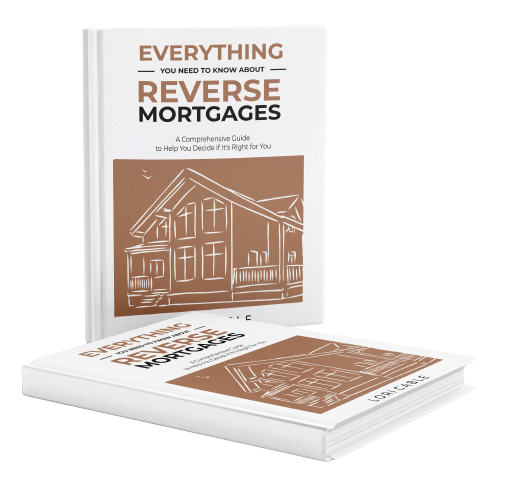Understanding Income Qualifications for Reverse Mortgages
Introduction
Navigating the world of reverse mortgages can be a complex journey, especially when it comes to understanding the income qualifications required. Reverse mortgages offer a unique financial solution for homeowners, particularly seniors, but knowing whether you qualify can be a challenge. In this blog post, we’ll break down the key aspects of income qualifications for reverse mortgages, helping you understand this critical component of the application process.
Income Qualifications: The Basics
The income qualifications for a reverse mortgage depend largely on your geographical location and household size. These qualifications are crucial as they determine your ability to maintain the costs associated with your home and the loan.
Case Study: California Example
Let’s consider an example from California. For a household of two people, the minimum residual income requirement is $998. But what does this mean in practical terms?
Calculating Residual Income
To calculate your residual income, lenders will look at your income sources, such as social security or pensions. From this income, they subtract your monthly expenses, which include:
- Credit card debts (revolving and installment)
- Car loans
- Property charges like taxes, insurance, and HOA fees
- Home maintenance costs, as calculated by HUD at 14 cents per square foot
The amount remaining after these deductions is your residual income.
Meeting the Residual Income Requirements
If your residual income meets or exceeds the requirement for your area and household size, you’re on the right track to qualify for a reverse mortgage. If not, don’t lose hope. HUD offers specific compensating factors that can help overcome a deficit in residual income.
When You Don’t Meet the Requirements
If you’re still falling short, a Life Expectancy Set Aside (LESA) might be the next step. This involves setting aside funds from the loan to cover future property taxes and insurance. The LESA can be partially or fully funded, depending on your financial situation.
Conclusion
Understanding the income qualifications for a reverse mortgage is a crucial step in determining whether this financial option is right for you. It requires a clear assessment of your income and expenses, as well as an understanding of the requirements set by HUD.
If you’re considering a reverse mortgage, remember to seek advice from financial experts and explore all your options thoroughly. For more information, don’t forget to download our free eBook, “Everything You Should Know About Reverse Mortgages,” available at ventanahomeloans.com/book

